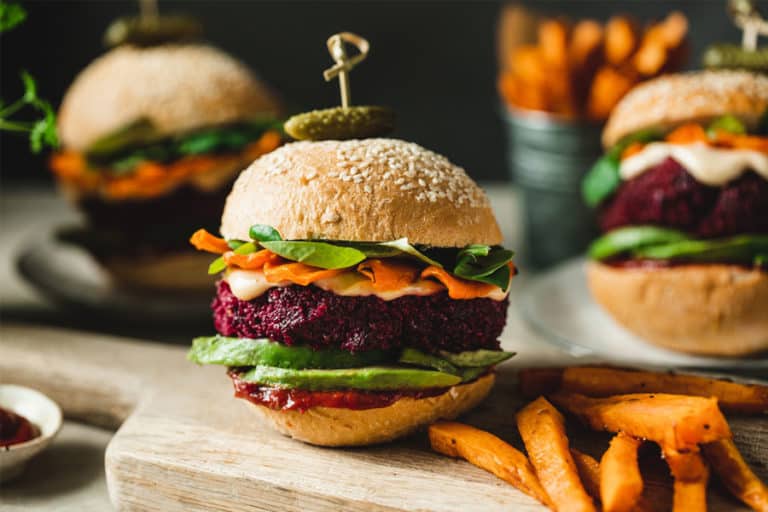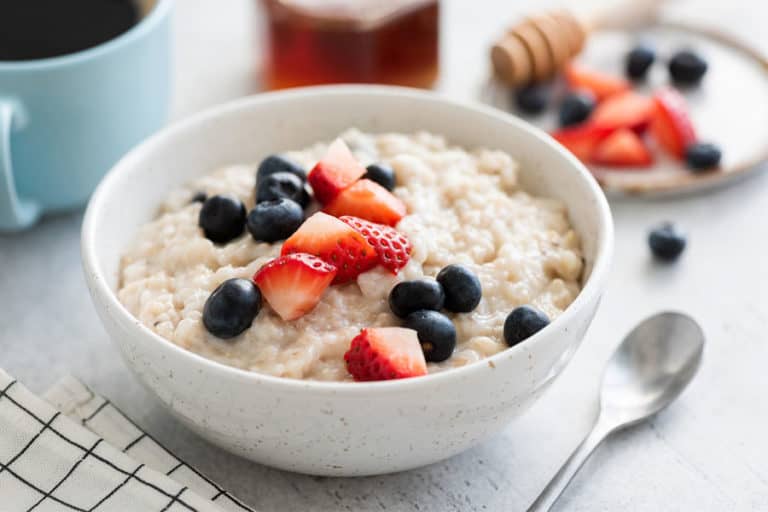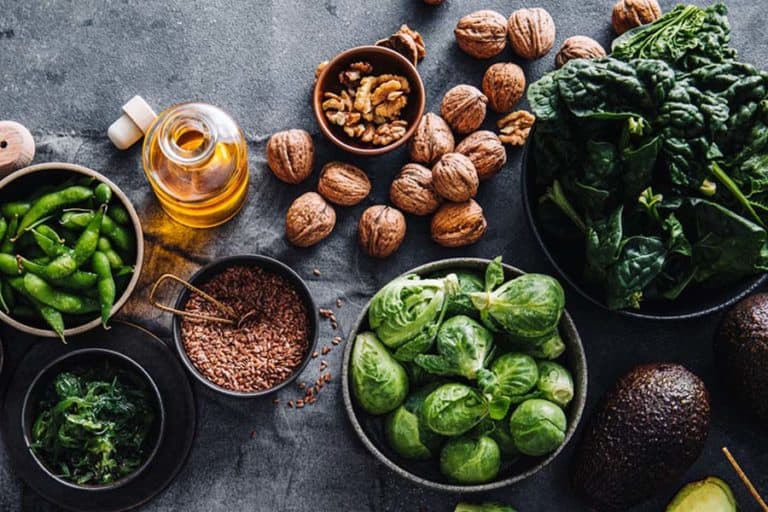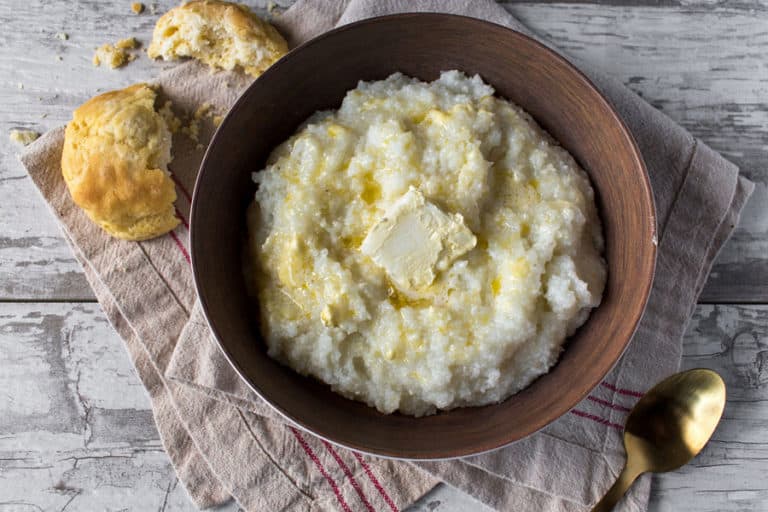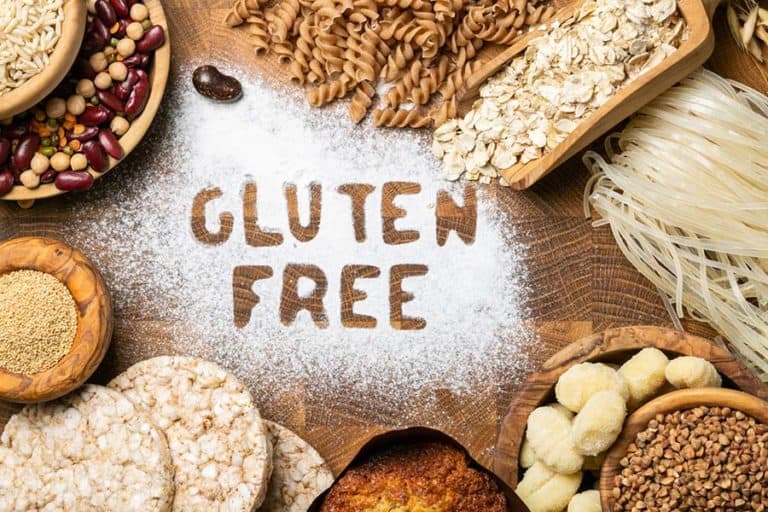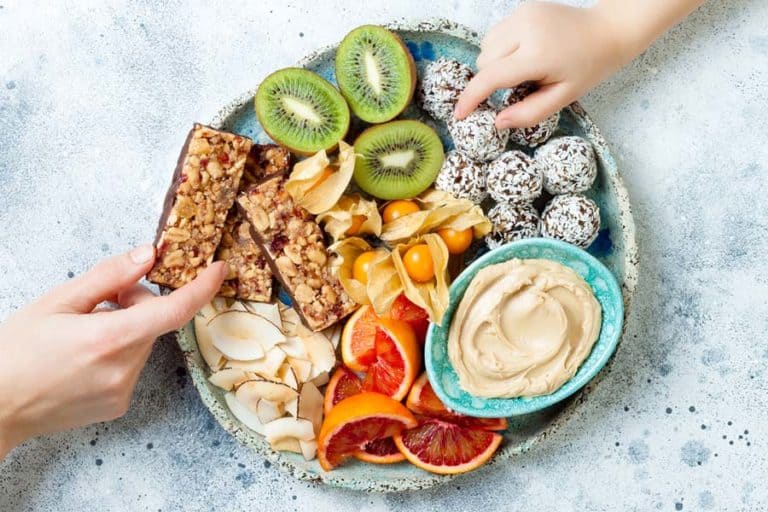Vegan Bodybuilder Diet: Building Muscle The Vegan Way
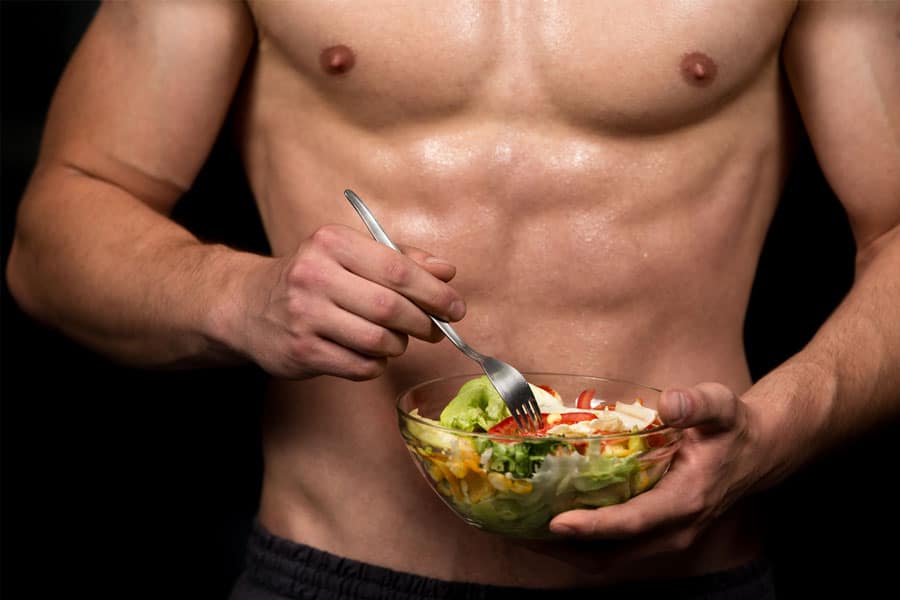
vegan bodybuilder diet | 7 Day Meal plan | Potential risks | supplements to consider | dietary tips | Vegan Bodybuilders
Bodybuilders need a protein-rich diet to power their workouts and build muscle mass. Vegan bodybuilders face some challenges in meeting their nutritional requirements when they eliminate animal foods that are a great protein source.
A vegan bodybuilder diet is gaining popularity among athletes and bodybuilders as a way to build muscle mass and optimize performance and results.
Moreover, many successful vegan bodybuilders have built impressive physiques by following a well-planned vegan diet.
This comprehensive guide on a vegan bodybuilder diet helps you understand how to optimize your nutrition. It includes a sample vegan diet plan for aspiring vegan bodybuilders.
What is a vegan bodybuilder diet?
While meat-eating bodybuilders meet their nutritional needs by consuming animal products, bodybuilders following a plant-based diet need to plan their diet to ensure they get enough essential nutrients.
A vegan bodybuilding diet sources all its macros (carbs, proteins, and fats) from plant-based sources while excluding all animal-based products. Usually, this type of vegan diet is higher in protein than the regular vegan diet.
Calorie Intake
The number of calories you need as a bodybuilder depends on a few factors, including weight, height, activity level, and muscle-building goals.
Whether you are a vegan or not, your calorie intake as a bodybuilder should be higher than the average person’s because you need to fuel your workouts and support muscle growth.
A general rule of thumb is that if you expend 2,500 calories per day, you need to consume 2,500 calories per day to maintain weight.
To gain muscle, you must consume more than 2,500-3,000 calories daily, depending on your weight and activity level.
Protein Intake
Protein is essential for muscle growth and repair. According to a study, [1]PubMed: Nutrition Recommendations for Bodybuilders in the Off-Season: A Narrative Review bodybuilders must take around 1.6-2.2 grams per kg of body weight per day to grow muscles.
Vegan bodybuilders need to be especially mindful of their protein intake because they are not getting it from animal sources. Here is a list of vegan high protein foods:
- Nuts: Almonds, brazil nuts, peanuts, and walnuts
- Seeds: Chia, flax, sunflower, and sesame
- Beans: Kidney, black, and soybeans
- Grains: Brown rice, bulgar wheat, oatmeal, and quinoa
- Pulses: Chickpeas, green peas, and lentils
- Nut butters: Almond, peanut, and hazelnut butters
- Dairy-free products: Soy milk, soy bean curd, and tofu
Carbs Intake
Carbs are an essential source of energy for bodybuilders. They help you power through high-intensity training. Bodybuilders need to consume around 5-7 grams of carbs per kg of body weight daily.
Bodybuilders on a vegan diet should consume more carbs than the general vegan population as they have higher energy needs.
Here is a list of carbohydrates rich plant-based foods:
- Barley
- Brown rice
- Black beans
- Buckwheat
- Chickpeas
- Lentils
- Quinoa
- Oatmeal
- Yam and sweet potatoes
- Whole wheat bread
- Whole wheat pasta
Fats Intake
Fats are essential to a bodybuilder’s diet as they help you absorb vitamins, maintain hormone levels, and support cell growth. Bodybuilders need to consume around 15-20% of calories from fat.
Although a vegan diet is a low-fat diet, there are still plenty of vegan foods that are rich in healthy fats, such as:
- Avocado
- Seeds: Chia seeds, flax seeds, and hemp seeds
- Nuts: Cashew nuts, brazil nuts, almonds, walnuts, peanuts, and macadamia nuts
Micronutrients Intake
As a bodybuilder, you must ensure you get enough vitamins and minerals through your diet to support your training and muscle growth. Vegan bodybuilders should focus on getting micronutrients from whole plant foods and supplementing when necessary.
The below table lists the essential nutrients (vegan vitamin C sources, vegan calcium sources, vegan iron sources) and the food sources that a vegan bodybuilder should add to his diet to bridge the nutritional gap.
| Vegan Vitamin C Sources | Vegan Calcium Sources | Vegan Iron Sources |
| Broccoli | Almonds | Kale |
| Brussel sprouts | Okra | Swiss chard |
| Kiwis | Sesame seeds | Lentils |
| Oranges | Tahini | Spinach |
| Strawberries | Chia seeds | Nuts and seeds |
| Potatoes | Turnip greens | Dried apricots |
Vegan bodybuilding meal plan
If you are a bodybuilder who wants to switch to a vegan diet or an individual who wants to build muscle mass on a vegan diet, here is a 1-week sample meal plan for you.
Day 1
Breakfast: Vegan protein powder with soya milk, oatmeal with mixed nuts and seeds
Lunch: Vegan wrap with hummus, avocado, grilled vegetables, and quinoa
Snack: Vegan protein bar and a piece of fruit
Dinner: Vegan sloppy joe made with lentils
Day 2
Breakfast: Scrambled tofu with spinach and whole wheat toast
Lunch: Vegan burrito bowl with rice and stir-fried veggies
Snack: Strawberry and banana protein shake
Dinner: Vegan chili with kidney beans, sweet potatoes, and quinoa
Day 3
Breakfast: Almond milk porridge with frozen mixed berries
Lunch: Vegan Caesar salad with chickpeas
Snack: Vegan chocolate-peanut butter shake
Dinner: Thai green curry with rice and vegetables
Day 4
Breakfast: Vegan blueberry muffin and a soy cappuccino
Lunch: Lentil soup and a whole wheat roll
Snack: Vegan apple cinnamon shake
Dinner: Whole wheat pasta with tomato sauce
Day 5
Breakfast: Vegan strawberry oatmeal
Lunch: Chickpeas and kale salad
Snack: Banana peanut butter smoothie
Dinner: Vegan sushi roll and edamame
Day 6
Breakfast: Vegan protein pancakes
Lunch: Stirred okra and tomatoes with brown rice
Snack: Vegan protein bar
Dinner: Black bean burger with avocado, tomato, and onion on a whole wheat bun
Day 7
Breakfast: Whole grain cereal with almond milk
Lunch: Quinoa bowl with black beans and stir-fried vegetables
Snack: Granola high protein bars
Dinner: Baked sweet potatoes with grilled vegetables, and brown rice
Note: Speak to your personal dietician or nutritionist to help you decide what quantities and portion sizes of the above foods you can consume.
Challenges and Risks
A plant-based diet can be a healthy and sustainable way of eating—but it does come with some challenges.
1. Risk of nutrient deficiencies
Vegans are at risk for certain nutrient deficiencies, [2]PubMed: Health effects of vegan diets including vitamins B12 and D, iron, calcium, iodine, and essential fatty acids.
Bodybuilders have higher nutrient needs. This makes them even more vulnerable to the risk of deficiencies that come with a vegan diet.
2. Increased fiber intake
A vegan diet is typically high in fiber. Although fiber is great for promoting digestive health, too much fiber intake may lead to digestive discomfort, such as bloating, abdominal pain, and gas.
The recommended dietary allowance (RDA) [3]Cleveland Clinic: Improving Your Health With Fiber for fiber intake is 14g per 1,000 calories. Bodybuilders on a vegan diet may consume more fiber than recommended, so it’s important to be aware of this and monitor your digestive health.
3. May lead to low protein and calorie intake
As a vegan diet excludes calorie-dense animal foods, a vegan diet tends to be lower in calories.
A vegan diet may lack protein and calories when poorly planned, leading to weight loss or other health problems. This can be detrimental to the physical goals of bodybuilders.
Supplements to consider on vegan bodybuilding diet
As vegans generally have a risk for nutrient deficiencies, they need to take supplements. Especially bodybuilders on vegan diets should consider taking vegan supplements to maintain their energy levels, red blood cell production, and muscle growth.
Here is a list of supplements vegan bodybuilders should consider taking.
Creatine
Bodybuilders need creatine to build muscles. It is an amino acid that is naturally found in meat. However, vegans can get creatine from supplements.
According to a study on the benefits of creatine supplements for vegetarians, [4]National Library of Medicine: Benefits of Creatine Supplementation for Vegetarians Compared to Omnivorous Athletes: A Systematic Review creatine in most supplements is synthesized from vegan-friendly compounds and helps vegans gain the same muscle mass as meat-eaters.
Vitamin B12
Vitamin B12 is important for the formation of red blood cells and healthy functioning of the nervous system.
Unfortunately, it is found mainly in animal foods. Thus, vegetarians and vegans are at risk for vitamin B12 deficiency. [5]PubMed: How prevalent is vitamin B(12) deficiency among vegetarians? Vitamin B12 deficiency can lead to anemia and neurological problems.
Vegan bodybuilders should take vitamin B12 supplements to maintain their health and energy levels.
Iron
Although vegan foods like spinach, beans, and raisins are good vegan sources of iron, vegans are still at risk for iron deficiency anemia.
This is because vegan foods contain non-heme iron, [6]Harvard T.H. Chan: The Nutrition Source which is not as easily absorbed by the body as the heme iron found in animal foods.
To prevent iron deficiency, vegan bodybuilders need to take iron supplements.
Dietary tips for bodybuilders on a vegan diet
Besides eating nutrient-dense foods and adding supplements to your vegan bodybuilding diet, there are a few other tips you need to follow to benefit.
Here are some dietary tips to follow on vegan bodybuilding diets.
1. Limit your intake of processed foods
When you are following a vegan bodybuilding diet, it is important to focus on eating whole, unprocessed foods. Being a vegan doesn’t mean you are free to eat as many high-carb foods as you want. You need to focus on eating healthy fats and raw vegan foods like fresh plant foods.
2. Drink plenty of water
As a vegan diet is a high-fiber diet, you need to drink plenty of water to avoid digestive problems. Besides water, bodybuilders on a vegan diet can take protein shakes and green tea to stay hydrated. This will keep you both healthy and satisfied.
3. Consider eating small, frequent meals
As a vegan diet may not provide enough protein and other nutrients like other diets, frequent meals will help you get a steady stream of essential amino acids going into the muscle tissues.
List of famous vegan bodybuilders
As the vegan movement continues to grow, more and more athletes are adopting a plant-based diet. Many vegan bodybuilders have proved that a vegan bodybuilding diet is an effective way to gain muscle mass and maintain their physique.
Here is a list of famous vegan bodybuilders who have excelled in bodybuilding, figure, and fitness.
- Greg Lachance
- Shelli Beecher-Seitzler
- Zack Belknap
- Nimai Delgado
- Jehina Malik
Conclusion
Several bodybuilders have followed a vegan diet for years and have achieved great success. It’s possible to gain muscle and lose fat on a vegan diet, but it requires careful planning. Vegan bodybuilders need to make sure they’re getting enough protein, calories, and nutrients.
References
| ↑1 | PubMed: Nutrition Recommendations for Bodybuilders in the Off-Season: A Narrative Review |
|---|---|
| ↑2 | PubMed: Health effects of vegan diets |
| ↑3 | Cleveland Clinic: Improving Your Health With Fiber |
| ↑4 | National Library of Medicine: Benefits of Creatine Supplementation for Vegetarians Compared to Omnivorous Athletes: A Systematic Review |
| ↑5 | PubMed: How prevalent is vitamin B(12) deficiency among vegetarians? |
| ↑6 | Harvard T.H. Chan: The Nutrition Source |


